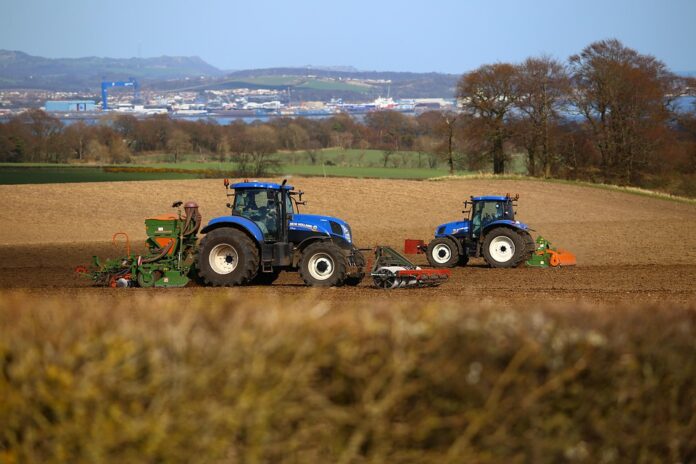Types of Seed Drills for Small, Medium, and Large Scale Farms
Seed drills are essential agricultural tools used to sow seeds at a consistent depth and spacing, ensuring optimal germination and crop yield. There are various types of seed drills available on the market, each suited for different farm sizes and types of crops. In this report, we will explore the different types of seed drills suitable for small, medium, and large scale farms.
Small Scale Farms
Small scale farms often have limited resources and acreage, requiring seed drills that are compact, affordable, and easy to operate. One popular type of seed drill for small scale farms is the handheld seed drill. These manual seed drills are lightweight and portable, making them ideal for small plots of land. Handheld seed drills are typically used for planting small seeds such as vegetables and herbs.
Another type of seed drill commonly used on small scale farms is the single-row seed drill. These seed drills are designed to plant seeds in a single row, allowing for precise seed placement and spacing. Single-row seed drills are often mounted on a tractor or pushed manually, making them suitable for small-scale operations.
Medium Scale Farms
Medium scale farms have larger acreage than small scale farms but are still considered relatively small compared to large commercial farms. For medium scale farms, double-row seed drills are a popular choice. These seed drills can plant seeds in two rows simultaneously, increasing efficiency and reducing planting time. Double-row seed drills are typically mounted on tractors and are suitable for a variety of crops including grains, oilseeds, and legumes.
Another type of seed drill commonly used on medium scale farms is the precision seed drill. Precision seed drills are equipped with advanced technology such as GPS guidance systems and variable rate seeding capabilities, allowing for accurate seed placement and optimal crop density. Precision seed drills are ideal for medium scale farms looking to maximize their crop yield and minimize input costs.
Large Scale Farms
Large scale farms require heavy-duty seed drills that can cover vast areas efficiently. Air seed drills are commonly used on large scale farms due to their high capacity and speed. Air seed drills use compressed air to deliver seeds to the ground, allowing for fast and uniform seed distribution. These seed drills are often equipped with large seed hoppers and can plant seeds in multiple rows, making them suitable for large-scale crop production.
Another type of seed drill commonly used on large scale farms is the no-till seed drill. No-till seed drills are designed to plant seeds directly into untilled soil, reducing soil erosion and preserving soil structure. These seed drills are equipped with coulters and seeding units that can penetrate through crop residue and plant seeds at the desired depth. No-till seed drills are popular among large scale farms practicing conservation agriculture.
In conclusion, the choice of seed drill for a farm depends on its size, type of crops grown, and level of technology desired. Small scale farms may opt for handheld or single-row seed drills, while medium scale farms may prefer double-row or precision seed drills. Large scale farms typically use air seed drills or no-till seed drills for efficient and sustainable crop production. By selecting the right type of seed drill, farmers can improve their planting efficiency, crop yield, and overall profitability.




